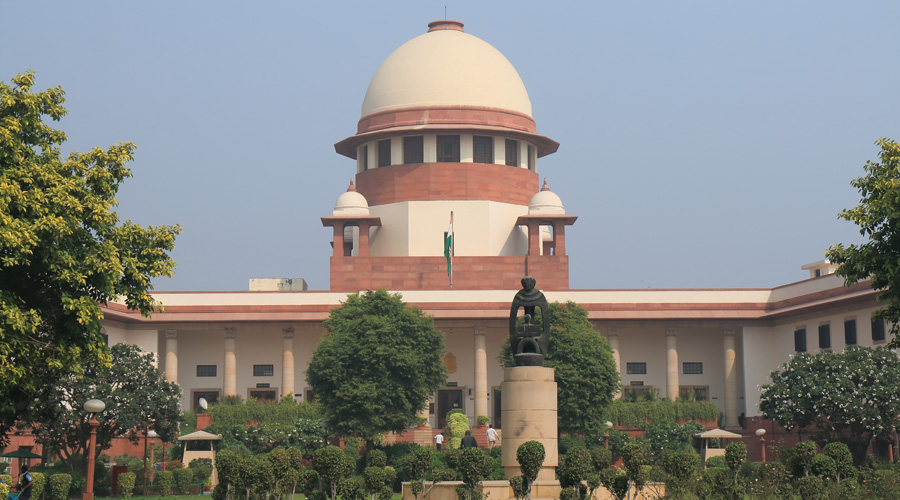Has the time come at last? According to the Chief Justice of India, the time had come for the appointment of a woman as CJI. He was responding to a plea filed by the Supreme Court Women Lawyers Association asking that the Supreme Court intervene to ensure the appointment of more women as judges in high courts. Considering the scale of gender imbalance in the higher judiciary, the plea was a modest one. No woman has been appointed as CJI so far; in 25 high courts today, there are 81 women judges against 1,078 male and there is one woman among 29 judges in the Supreme Court. The CJI’s statement opened up the horizon of possibility. But he also qualified it, adding that according to the chief justices of high courts, women advocates often refused to become judges because of domestic responsibilities, such as the education of their children. In other words, the ‘time’ for a woman CJI may have come, but women did not have the time because of duties at home.
Leaving aside the responses from women lawyers that followed, including one declaring that they were more than happy to take up professional duties, the assumption of inequality in the idea of women prioritizing domestic responsibilities over their profession cannot be ignored. It diminishes the achievements of women in every professional field, including the hard work of thousands in the unorganized sector. Besides, as one woman advocate remarked, if this is a reason for women not to become judges, then they should be given institutional support. The structural inequality should be addressed, not taken for granted. Men are appointed even though many refuse in order to continue practising as lawyers, pointed out another. Two facts must be taken into account to address gender imbalance in the judiciary. One, the position of a judge cannot be applied for and two, the collegium that appoints judges is all-male. Without a shift in viewpoint — alertness to assumptions and jettisoning them, to start with — the imbalance will not be corrected. Why should women lawyers have to ask the court to intervene? The judiciary must set an example to society about never devaluing women’s work and achievements.











